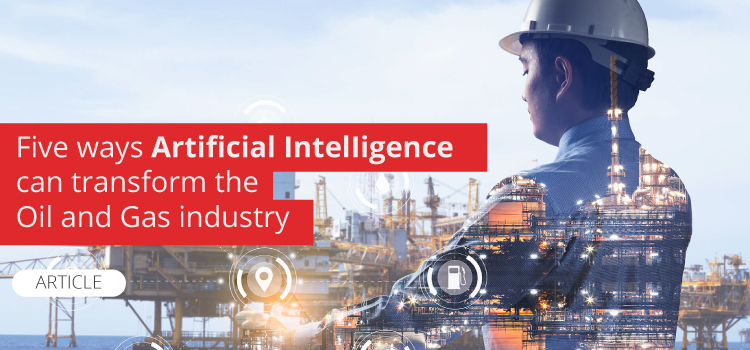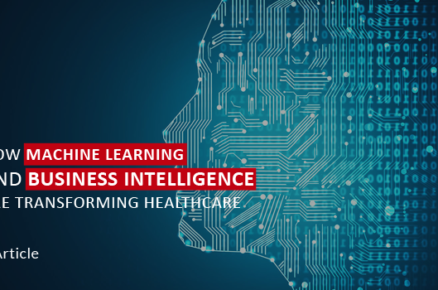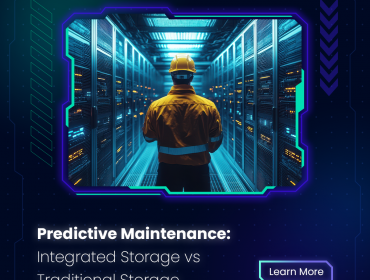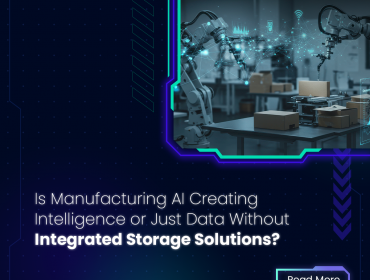The world has been swept off by the 5th Industrial Revolution, that is the rise of Machine Learning and Artificial Intelligence. It is not just the technology industry that is hands on in adapting to these changes but also industries such as service, manufacturing, healthcare, logistics and energy have realised the importance of incorporating and benefitting from automation of its core functions and innovative uses of AI. AI has evolved past its nascent stage. Many industries have actively started incorporating its functions in a strategic manner, and the results by and large have improved operational efficiency, cost reduction and profit maximisation.
The Oil and Gas Industry has always been reluctant to change and has been one of the late adopters of any emerging technology. Recently, even the oil and gas industry has started to realise its importance and multiple benefits that it can provide to the companies. Below are some of the ways that AI can transform the Oil and Gas Industry in order to solve highly complex data, optimise business operations, improve productivity and overall safety:
- Detecting defects and enhancing quality: The major challenge that Oil and Gas companies have to deal with is to identify defects in the overall production and filtration mechanisms and if there is an improper threading in the pipeline. The Oil and Gas Industry operates on a phase wise model, therefore if the error is not detected in the initial processes of the production line and is witnessed at the end of it, it may incur huge costs for the companies to cover the damages and possibly re-initiate the overall production from the scratch. Hence, incorporating AI is a better solution than incurring losses.
By utilising AI in a computer-based system it can be deployed at all the production, refining and the assembly levels. This will help the operators detect smallest of errors in real-time to avoid any accidents and impending losses. Additionally, it will also help the analysts to assess the quality of the product at each stage so that they can improve the production quality. - Ensuring safety and security: Industries that involve high machine capacities such as manufacturing and refining involve a lot of risks and dangers involving malfunction, technical glitch and various other aspects that pose risk to the safety and security of the workers. Employees, especially in Oil and Gas plants are exposed to high temperatures, chemicals and the machines. Not adhering to safety protocols may lead to human and financial loss. To counter that an AI powered computer system can inspect the site, ensuring that the safety protocols are followed. AI has a capability to learn, so the data scientist can feed in camera data and the technology can then map possible hazards and send alerts.
- Reducing the corrosion costs: With industries like Oil and Gas there is always a spillage or a corrosion cost that the plant or the company has to incur. Especially with Oil production which is exposed to various temperatures and has a tendency to cause corrosion at a higher level, resulting in the increase in cost. Over time this corrosion can cause weakening of the pipeline. If not handled in a timely manner this can also be disastrous for the plant. Often the job of monitoring it is given to Corrosion Managers. They conduct timely inspections to find if there are any defects. Again, the chances of error are high due to human error. AI on the other hand can be deployed and can prevent such damages. AI and IoT technologies can detect signs of corrosion by analysing various aspects using knowledge graphs and predictive strategies to approximate the corrosion occurrence possibility and alert the pipeline operators.
- Better decision making by using data analytics: The Oil and Gas Industry has tons of data to process, but they lack proper analytics tools. These companies deploy data engineers to do the job but this costs them huge amounts of money. On the other hand, Big Data powered AI applications extract intelligence and meaning out of the plethora of operational data. Artificial Intelligence can be used to gather information into segments and uncover patterns or inconsistencies to make predictions out of the large data sets.
- Using chatbot voice assistants: Field operators can utilise chatbots and virtual assistants and by adding a voice-enable component allows operators to take chatbots with them in the field. They can benefit from these chatbots in ways where-in they can inspect handsfree, can write voice logs and with the help of the bot prepare real-time reports. For that companies need to upload similar such analysis and assessment as a database from which the AI can learn and can deliver required output











